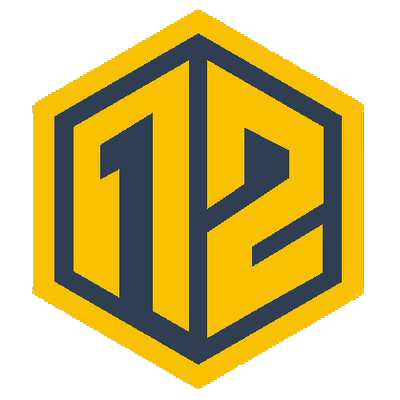You never stop being a parent. It doesn’t matter how old your child is or what stage of life they are going through, your kid is your kid. That means you protection, guidance, and assistance in their lives will always feel like part of your job. You watched their first steps. First day of school. First boyfriend or girlfriend. First job. Our children are more than hobbies or 18-year interests. They are our legacy. They are hopes and dreams and they are a connection to the future and an understanding of a deeper meaning to life.
The overwhelming fact is that for over 20 million parents, all those things can come crashing down because the tragedy of a drug or alcohol addiction enters the scene. Soon the questions take a new tragic tone, one you never imagined possible. Will my son or daughter come home tonight? Are they in danger right now? Why is the money in my wallet missing again? If I ignore it, will it go away? Am I enabling my child to continue a destructive path? Where will all of this end?
These are common questions when you are the parent of an addict.
If you are in a situation where you suspect (or you know) your child has an addiction, there is hope. So many others have walked this seemingly hopeless path. But there is hope.
That said, the situation is an emergency. This is not a time to trust without action to hope without work … or pretend there is not a problem. If you are the parent of an addict, it’s time to take specific action to help your child (no matter how old they are) see the path to recovery.
See the Problem
People with addictions typically don’t wear a sign on their chest that says, “Addicted: Please Help!” But there are things to look for. And be assured that these signs do equate to “Help Me.” If no help is found, then the situation will end in tragedy. Again, it’s time to take action for the sake of your son or daughter. If you wonder about your son or daughter, keep an eye out for some of these signs (these do not automatically mean you are the parent of an addict).
Look for:
Drug Paraphernalia – needles, pipes, tin foil, pill bottles, bongs, plastic baggies, etc
Neglecting Responsibilities – missing school/work, ignoring appointments/family functions, etc.
Legal Troubles – court dates, arrests, DUI, etc.
Financial Troubles – stealing, unable to pay rent, borrowing money, etc.
Relationship Changes – new friends, seeing less of strong lasting friendships, new significant other who has substance addiction, isolation or seclusion, etc.
Physical Changes – weight change, bruises or track marks on skin, bloodshot eyes, dilated or constricted pupils, depression, etc.
The important thing to remember is that where there is addiction, there is very likely to be hiding. It is not always immediately recognizable because addicts are good at keeping their habit out of sight. But many of these signs are likely indicators of a drug or alcohol addiction.
See the Disease
For so many people in today’s culture, addiction is equated with moral degradation and character deficiency. This understanding creates a destructive loop. A person with an addiction will not ask for help because admitting the need for help is akin to admitting to being a “bad person.”
However, once a person has become addicted to a substance, their brain has been altered. It is not a question of moral decay. It is an irreversible disease. But it can be treated or managed. This lifelong treatment typically begins with a detox, and moves through residential treatment and aftercare.
One thing for a parent of an addict to remember is that shame and blame are absolutely not the answer. In trying to help your son or daughter, your goal is not to make them take responsibility for actions or to feel bad for how they have treated you or other loved ones. The single goal is to get them treatment for the disease that is plaguing their bodies and controlling their actions.
See the Solution
You have not caused this problem. As well, you cannot fix it on your own.
This is a tough one for parents to digest, as often we self-identify with the actions of our children. You have provided for your child, you have been there for them through their trials and tribulations. And now this. This seems like something you should be able to take on as well. But making things better for your child might actually cause more damage. Making allowances for your son or daughter, making excuses, helping financially, all of these things are not helping your child get the actual help they need.
They need the help of addiction professionals who have a program and practices that have been proven to work. No amount of hoping or wishing or pleading or blaming or excusing or interfering will take the place of a recovery program.
This is the solution. This is the answer. Your son or daughter has a hope, and recovery is possible. But it won’t come from you alone. All you can do is help get them to see the solution as well.
We can help. If your son or daughter is caught in the web of addiction, you can call us. We are ready with answers to your questions and a plan for their lasting recovery. Call, 888-590-0777.
If you need more information what to do, here is more on how to help a loved one with an addiction, including what is involved in addiction treatment as well as how to approach your loved one: How to Help a Loved One With an Addiction.




